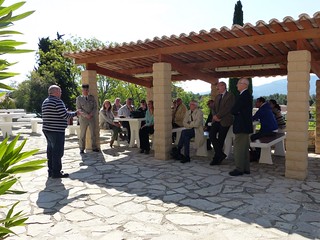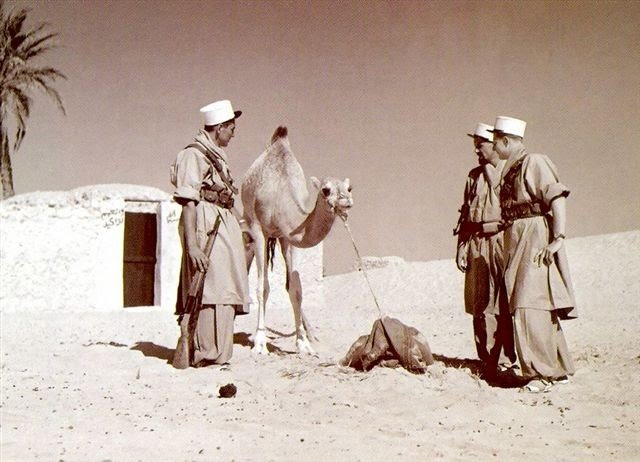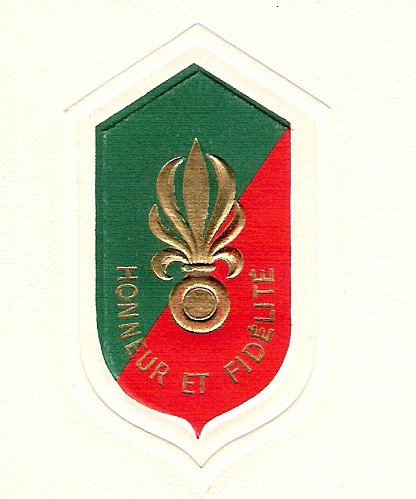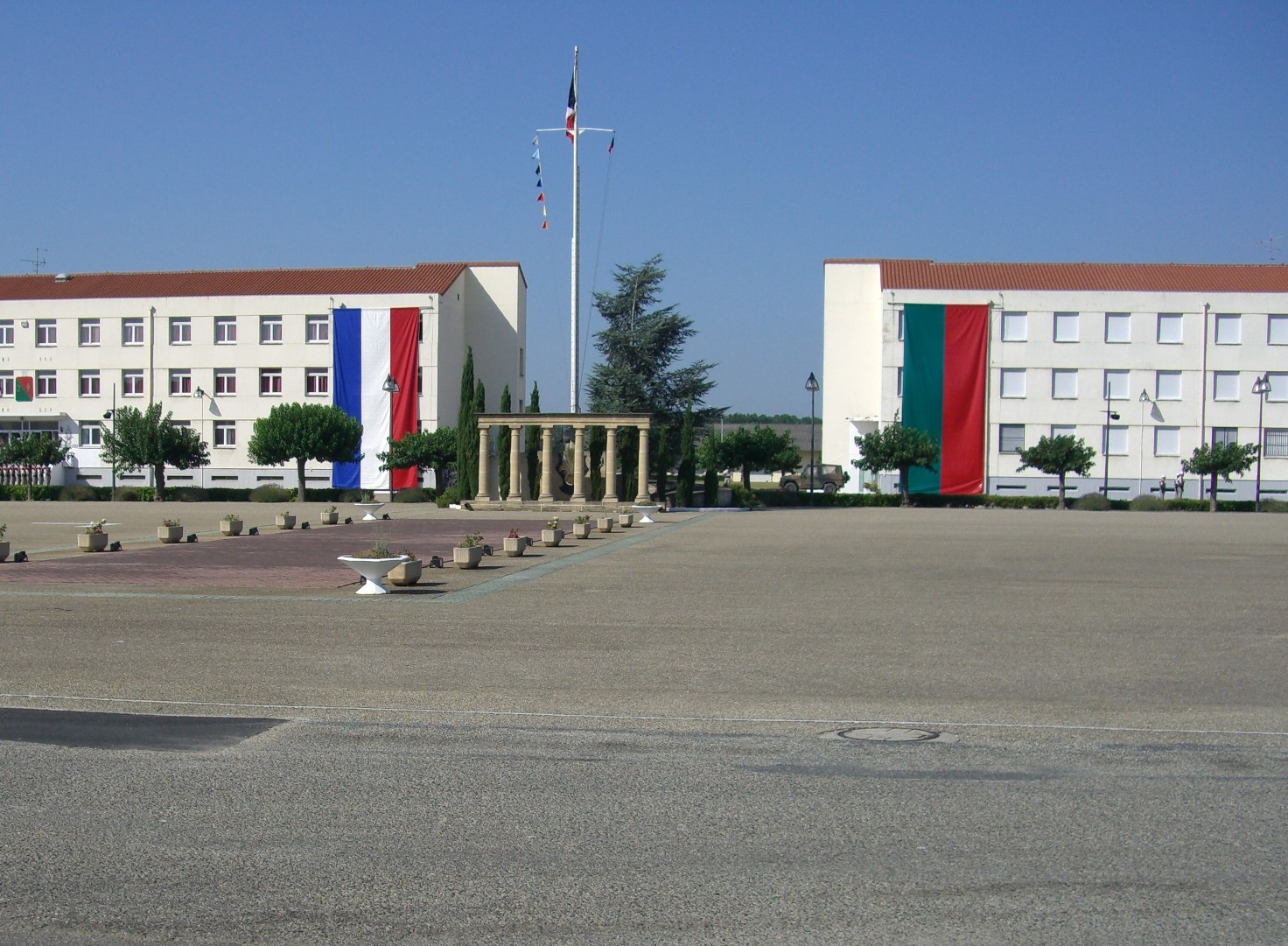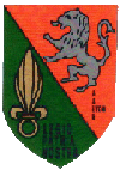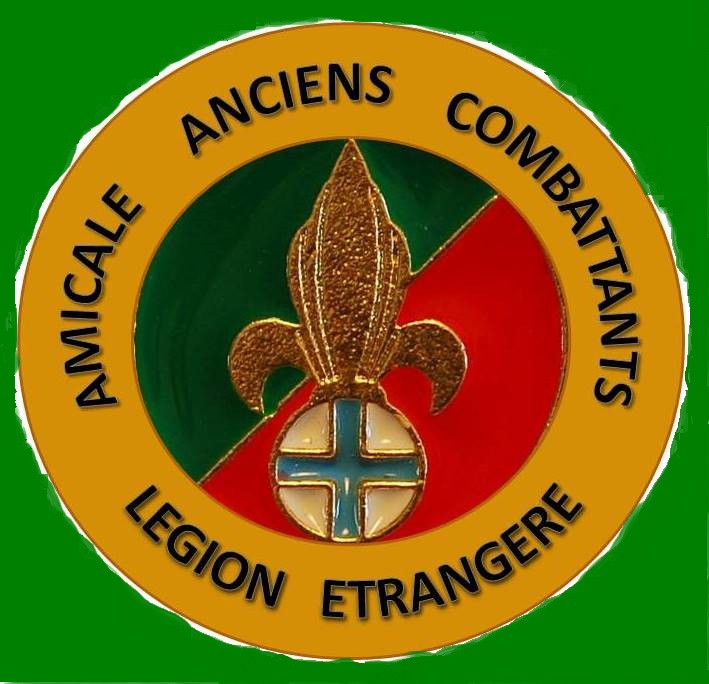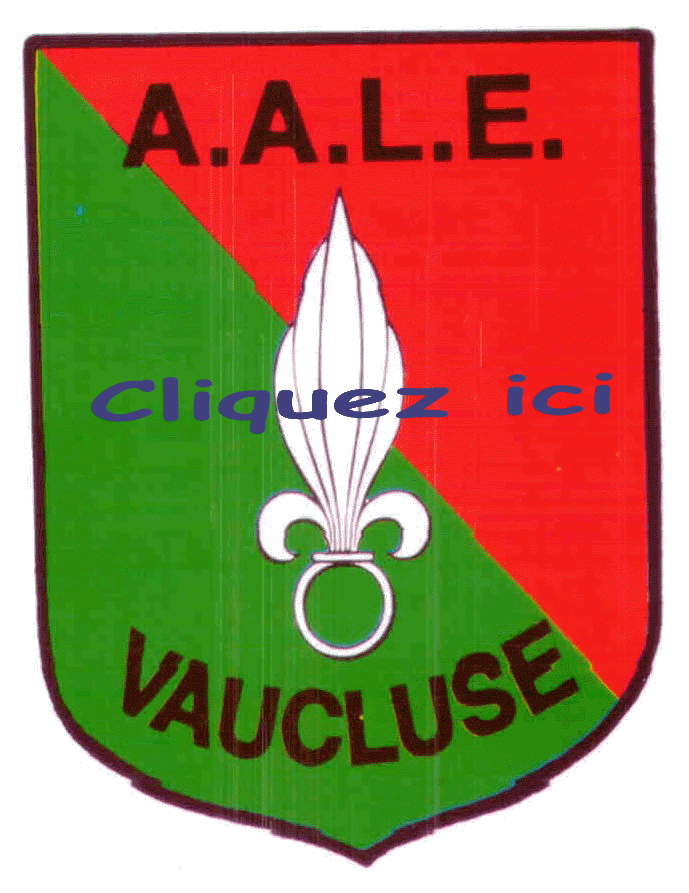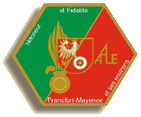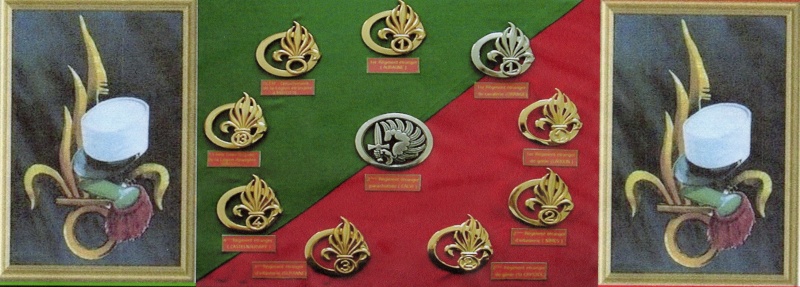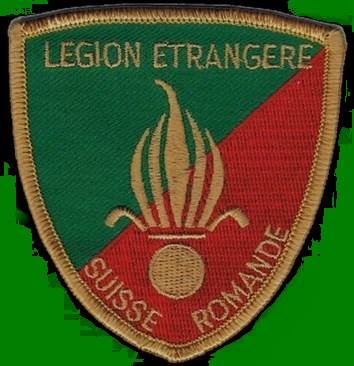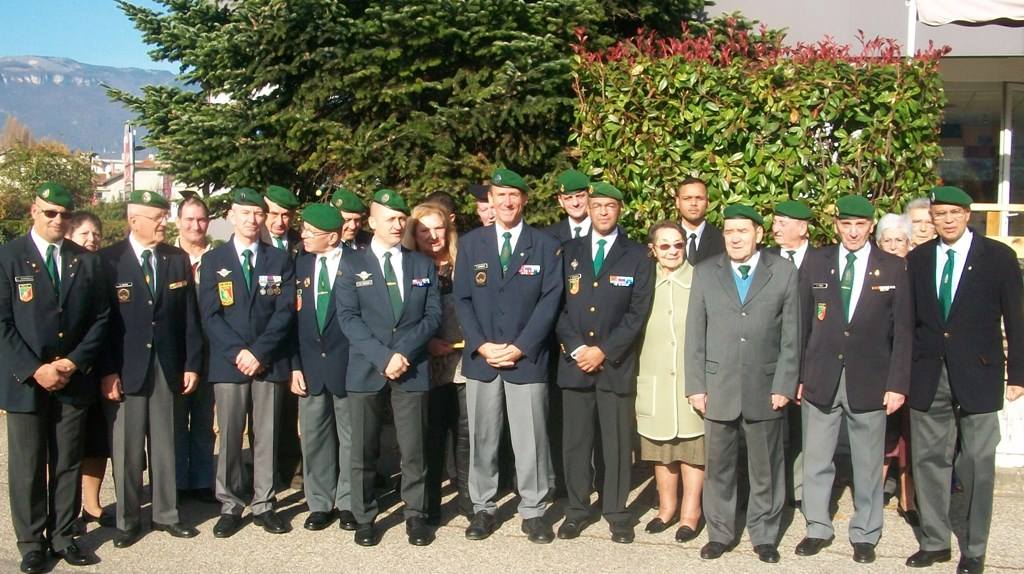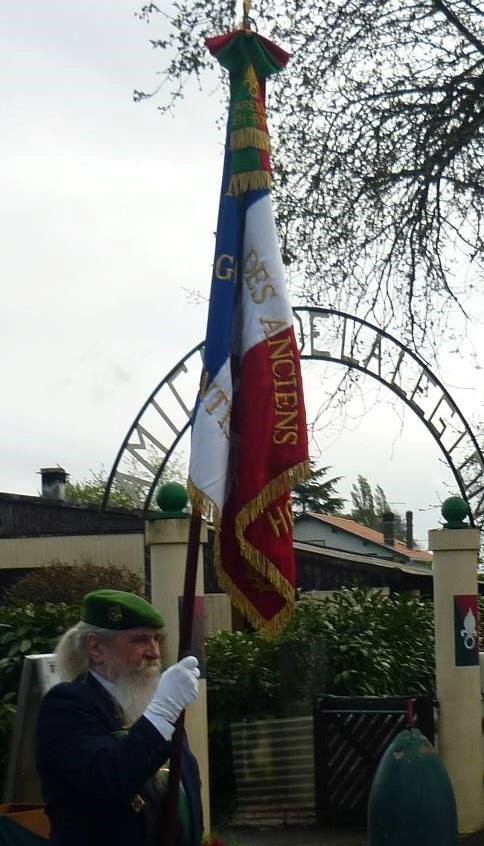est en construction à l'adresse suivante : 
2016
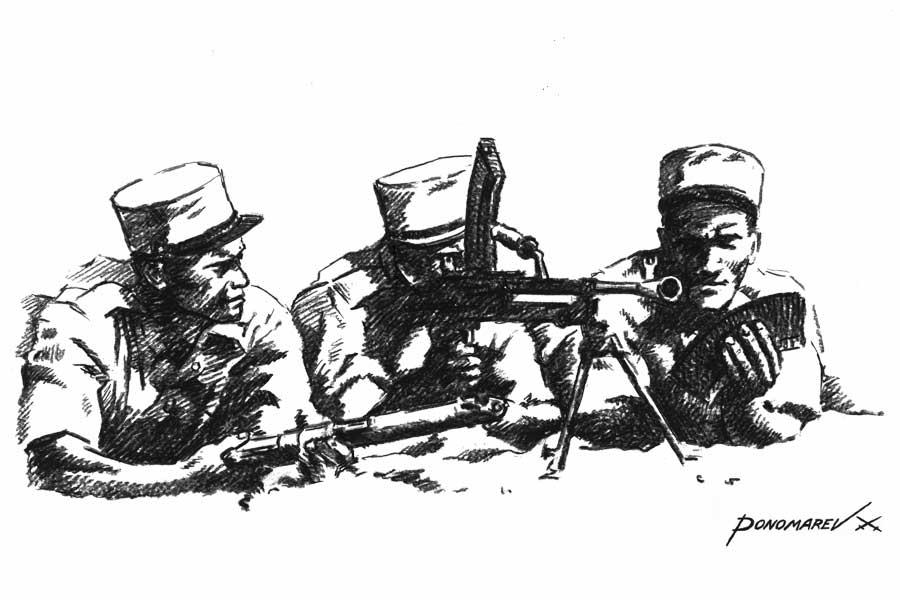
Le nouveau site du CEACH...
Karambolage
Rencontre avec la Légion étrangère pour le trinôme académique Défense de Montpellier
Le mardi 17 mai 2016, le trinôme académique Défense de Montpellier a organisé une journée d’immersion à l’Institution des invalides de la Légion étrangère, ainsi qu’au Musée de la Légion.
Le mardi 17 mai 2016, dans le cadre du programme du cercle d’étude, le trinôme académique Défense de Montpellier a organisé une journée d’immersion à l’Institution des invalides de la Légion étrangère (I.I.L.E) de Puylouvier dans les Bouches du Rhône, ainsi qu’au Musée de la Légion d’Aubagne.
Cette journée, à l’instigation de la Délégation Militaire de l’Hérault et de son nouveau Délégué le colonel Tarek CHAAR, en étroite relation avec Danielle LE PRADO-MADAULE, IA-IPR, Déléguée académique aux Relations Éducation, Défense, IHEDN (DAREDI) et le général (2S) Pierre DOLO, président de l’Association Régionale des anciens auditeurs de l’IHEDN (IHEDN-AR12), a permis à un groupe constitué de professeurs, chefs d’établissement et membres de l’IHEDN de s’immerger dans le passé et le présent de la Légion Étrangère.
A Puyloubier, le trinôme a été accueilli et guidé par Monsieur MOREIRA, qui s’est attaché à faire découvrir l’histoire de cet établissement riche en évènements, noble en cohésion et solidarité, rehaussé de générosité humaine. En effet, c’est autour d’une vieille bastide et ses 220 Ha de terres provençales que l’institution accueille tout légionnaire rendu à la vie civile, s’il le souhaite, quelles que soit ses conditions de ressources. Cet hébergement est précieux notamment pour ceux qui, venus combattre pour la France, ne peuvent retourner dans leur pays d'origine ou n’ont pas de famille. L’institution s’inscrit toujours dans l’esprit de son origine que définissait ainsi le chef de bataillon Le Roch, son premier directeur :"C'est d'abord le combat, puis le travail et enfin la fraternité et la camaraderie".
A l'écoute de Monsieur Moreira
Âgés de trente-huit à quatre-vingt onze ans, les pensionnaires participent à la bonne marche du domaine selon leurs capacités physiques ou artistiques, sous le regard bienveillant de cadres dévoués et compétents, certains anciens légionnaires eux-mêmes ou légionnaires détachés comme ces adjudants-chefs qui ont contribué à marquer cette journée d’une pierre blanche pour les visiteurs. Sur le domaine sont produits vin blanc, rouge, rosé, d'appellation d'origine contrôlée "Côtes de Provence". Mais d’autres pensionnaires travaillent avec grande compétence dans les ateliers de céramique, de sérigraphie, de reliures ou à la boutique de l’institution. Des bâtiments rappellent que la solidarité et la fraternité existent vraiment au sein de la Légion. En exemple, le rappel des légionnaires qui ont accepté pendant le temps nécessaire de reverser une journée de leur solde pour reconstruire un bâtiment nécessaire à l'Institution. Les membres du trinôme académiques ont ainsi pu visiter les ateliers ainsi que le superbe musée de l’uniforme abrité dans le château, la chapelle où de nombreux étendards sont suspendus. Ils ont fini cette matinée par un excellent repas pris à la « popote ».
|
Atelier reliure |
Atelier céramique : le moulage |
|
Atelier sérigraphie |
Le château musée du costume militaire |
CLIQUEZ ICI pour voir et télécharger
|
Le fameux "boudin" du légionaire |
|
La chapelle aux étendards |
Service sérigraphié à la "popote" des légionaires |
Cliquez sur l'image ci-dessous pour voir
le diaporama
La visite s’est poursuivie l’après-midi par la découverte du Musée de la Légion étrangère d’Aubagne, rénové avec une muséographie innovante et pédagogique, qui n’a laissée personne indifférent.
Le groupe a été accueilli chaleureusement par le Colonel Éric NACHEZ mais c’est le conservateur, le capitaine SEZNEC, qui a offert une visite passionnée et très convaincante de l’histoire et des faits d'armes de la Légion étrangère, créée en 1831. Il a également présenté l’exposition temporaire sur Hans Hartung, peintre abstrait qui fut un temps légionnaire.
Les explications du capitaine Seznec
C’est dans la salle d’honneur, devant la crypte où sont gravés les noms de tous les officiers de Légion tombés pour la France et où est conservée la main de bois articulée du capitaine Danjou, relique de la Légion, que s’est terminée la visite avec les chaleureux remerciements des organisateurs de cette sortie.
La délégation a vraiment apprécié le professionnalisme, le dévouement et l’investissement personnel dont ont fait preuve chacun des légionnaires qui l’ont accueillie sur ces deux sites et notamment le LCL Franck AMATA, également membre de l’IHEDN - AR12, qui a su s’adapter aux nombreuses et différentes modifications d’organisation, y compris celles survenues au dernier moment.
|
Colonel Éric Nachez |
Le Lieutenant-colonel Franck Amata entouré des |
Le souvenir de cette journée est gravé dans la mémoire de chacun, donnant certainement l’envie de retourner dans ces lieux ouverts au public.
CLIQUEZ ICI pour voir et télécharger les photos de la visite du musée de la Légion à Aubagne
Paul de Chazelles - Le Général oublié
MAI AVERE PAURA. MEMORIE DI UN LEGIONARIO NON PENTITO
MAI AVERE PAURA.
MEMORIE DI UN LEGIONARIO NON PENTITO
Autori: Pagliaro Danilo; Sceresini Andrea
Editore: Chiarelettere
Pagine Arabe: 200
ISBN: 9788861907119
Prezzo: €16,00
Di prossima uscita: Gennaio 2016
Introduzione al libro
"La vita del legionario è dura, molto dura" dice uno di coloro che aspirano ad entrare nella mitica - e mitizzata - Legione straniera. "Su sessanta ammessi, solo trenta verranno incorporati". Eppure verso Aubagne, alle porte di Marsiglia, il flusso di giovani uomini alla ricerca di una nuova vita continua, incessantemente, dal 1831. Anzi, come ci racconta Andrea Sceresini, giornalista freelance di 32 anni, a causa della crisi, ci sono sempre più giovani che tentano "la fortuna" arruolandosi in questo corpo militare mitizzato da letteratura e cinema. Ma la realtà è tutt'altro che letterria.
A Malmousque, periferia di Marsiglia, la foresteria della Legione Straniera dove vengono ricoverati i volontari in convalescenza oppure coloro che per ragioni di servizio - ad esempio, perché arruolati sotto falsa identità - non possono lasciare la Francia si organizzano corsi di subacquea che eccezionalmente vengono aperti anche ad alcuni civili.
È stato proprio partecipando a uno di questi corsi che Sceresini e Giroffi sono riusciti a varcare la soglia della struttura potendo così vivere, gomito a gomito, con i legionari per quasi una settimana. La storia di uno di loro - Danilo Pagliaro - sarà raccontata anche in un libro che uscirà per i tipi di Chiarelettere all'inizio del 2016.
Introduzione tratta da: www.rsi.ch
“Never be afraid” …to rise
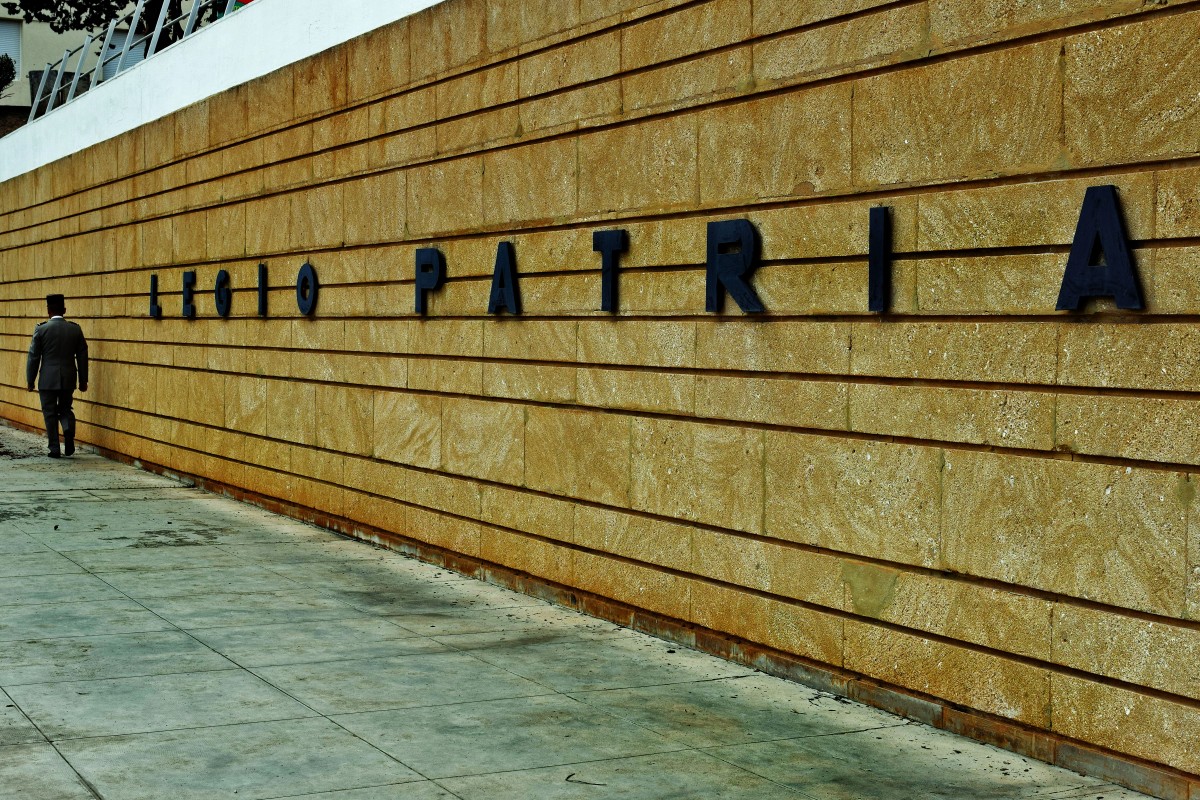
It was published in January and after a month only, it was already at its third edition. The book written by Danilo Pagliaro, a Legionnaire still in service, turned out to be a publishing sensation. This is also because it tells us about a reality, the French Foreign Legion, which is almost unknown in Italy.
Before reading “Never be afraid” I knew nothing about the Foreign Legion. Actually, I had not even ever wondered what it was until my brother put the book into my hands.
In order to discover something more about it, I decide to go to France and to get to know the author. I meet Danilo in Aubagne, in Provence, on a windy and cold day. The appointment is at Le Florentine, a restaurant overlooking the pretty town square. When I enter, I find out that we are not alone: Danilo is surrounded by friends and admirers. Among them there is Riccardo, fond of the Foreign Legion, but far too old to enrol (the age limit is 40 years old). Then there is Silvio, French origin, but Friulian by adoption, with an ancestor in the Légion Étrangère, as they call it here. Sitting at the table, there is also a Trentino family, intrigued by the book; they came to France on the occasion of the commemoration of the Battle of Camerone.
Besides all of this, Danilo is a humble and modest person: he does not like pinning his value medals on his uniform and, when he speaks of himself, he says he is “just a little brigadier-chef”. He is not full of himself, but just as a joke because Danilo, in spite of the image you may have of a legionnaire, is a sparkling wit and playful guy.

After twenty-three years of service in the Foreign Legion and a few months before his retirement, Danilo made up his mind to write “Never be afraid. A not-regretful legionnaire’s life” (published by Chiare Lettere), a text that, in addition to being a sort of autobiography, includes information on recruitment practices and an appendix with the list of Legion regiments and traditions.
“This book was born to dispel the dozens of messages I receive on ‘Military Forum’, the largest unofficial Italian military forum, where I bumped into people saying huge, stupid things about the Foreign Legion. They talk about us as bloodthirsty killers who torture and kill for money. Do not even mention it! All nonsense: the Legion has never been this stuff here!” He explains, impatient with the bad legends and fibs that circulate about it “It is obvious that when you go to the assault it is necessary to kill, but in the same way as the French army, the Italian one, or any and every army. Writing ‘Never be afraid’ was also an excuse to talk, through my story, about nowadays society.
In particular, it is to Italy, to his country, that Danilo addressed harsh criticism: “a united nation only when the national football team wins. In that very case, everybody waves Italian flags! And I do not care if there are people who will treat me unsympathetic for what I say: this is the reality!” says Danilo, who did not mince nor chew his words “I’m not exposing my ideas. I am not saying: ‘Italians are good or bad people’. What I say is just the truth, seen from the outside, from a person who has not been living in Italy for years”.
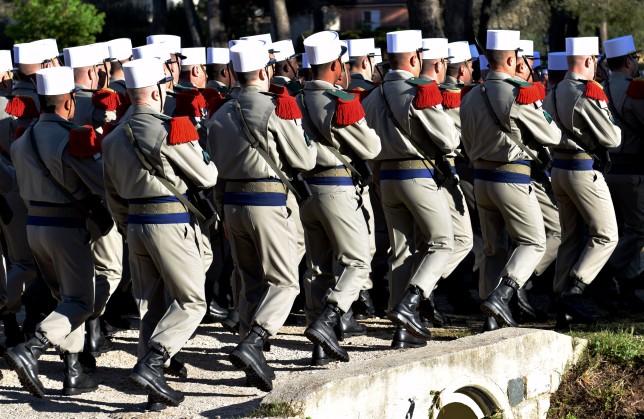
Inevitably, we end up talking about the decline of civil society (and the armed forces, which “are the mirror of society”), suffering from what Danilo in his book called “intoxication of doing good”, an attitude that leads to laxity in every sector. And he would point out that one of the main problems is that “everyone is talking about rights, but no one thinks of duties”. A society where everything must be strictly, politically correct and “that has simply lost the instinct for survival. When your only interest is to have fun, eat, drink and spend, that’s when decline begins”.
Coming to France to know Danilo and talk about his book, I took the opportunity to attend the ceremony of the Camerone Battle, ritual held every 30 April in the barracks of the Foreign Legion in memory of one of the most incredible battles of world military history. Taking place in 1863 in Camarón, Mexico, it dealt with a bunch of sixty legionnaires who managed to stand up to about two thousand Mexican patriots and accomplished the assigned mission.
Capitain Danjou’s wooden hand, Museum of Foreign Legion, AubagneAs far as this year’s parade is concerned, in the barracks in Carnoux en Provence, it was necessary to involve some legionnaires of the Thirteenth Demi-brigade (which is normally instance in the UAE, but it is now being transferred to France) to fill the parade file. “It’s a very special time: we have men elsewhere”, explains Danilo who guides us through the Museum of the Foreign Legion in Aubagne. It is in here that some historical relics are preserved as symbolic items. Among these, Captain Jean Danjou’s wooden hand, one of the Camerone legionaries and Lieutenant Colonel Rollet’s red umbrella, which was always kept up during the battles, as a reference point for the soldiers who were going to attack him.
After the ceremony, we go to eat all together, friends, admirers and journalists, in Cassis where Danilo answers the questions I intend to ask him about the Legion and “Never be afraid”.
In the first part of the book, that of your youth, you offer us a restless Danilo in search of his place in the world. You describe yourself as a guy who wants to “do something useful for others.” Moved by these values, you try and enrol thus joining the Police and with the outbreak of the Gulf War, you try to volunteer in the Navy in order to leave for the Middle East. This desire of yours to do something useful, you’re finally able to satisfy it in the Legion, aren’t you?
Absolutely right; because here there is an incredible group of professional people going all in the same direction. We call it “family”, and rightly so. We do not “go to war”, as some think, but we intervene when there is a real crisis. I do not remember having tortured, but I remember we did an operation where we have saved 2.200 people that would have otherwise been killed by machetes. Yes, I remember this. Or operations where we rescued some nuns who were crying because they did not think they would see the next day. I remember this. On those occasions you find yourself face to face with people you have pulled out of hell: you put them in the armoured vehicle, then you take off for hell, but they are safe now, they are out of hell. It is fabulous and makes you feel accomplished. This repays you, not the salary.
AQIM (Al Qaeda in the Maghreb) in Algeria, Mali, Senegal and Ivory Coast. Boko Haram in Nigeria, Cameroon and Chad. Al Shabab in the Horn of Africa. And then Oqba bin Nafa in Tunisia, ISIS in Libya, where it has now taken root, and the Islamic State of Sinai in Egypt. The jihadist bite in Africa is shifting its focus on the “black continent”. At the moment, France is engaged in the Sahel with the Barkhane operation. According to you, who have worked extensively in Africa, the situation is really so bad as it seems, or have the conflict protagonists just changed?
Africa is in a situation that cannot get worse. Once upon a time they killed for a specific purpose, today they kill for another. The reasons have changed, but there is a more complex problem at the bottom, a problem that affects not only the economic reality, but also the mentality and culture of those countries.
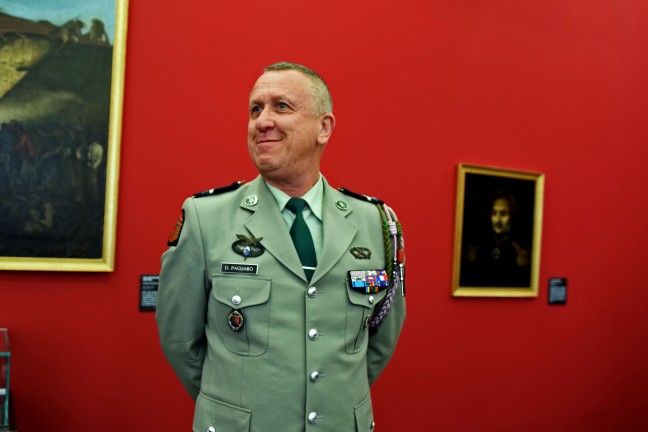
Danilo Pagliaro
The veterans and the disabled represent a topical issue in the United States where the soldiers, returning from the conflicts in Afghanistan and Iraq, did not find a structured recovery program. Indeed, often, the only thing they found was the public opinion indifference. 44% of the veterans of the last decade have difficulties in entering and re-integrating civilian life as well as looking for a job. A number of men who took part in these wars get back home with psychological problems that are aggravated because they are not being looked after: post-traumatic stress disorder which results in suicide (according to the Department of Veterans Affairs an average of 18 a day) and in episodes of violence involving civilians.
Why do you think these boys come back home with injuries? Is there a flaw in the selection methods, in the aptitude test or the training program that does not prepare soldiers to the psychological pressure of the war?
No. As a matter of fact, we do have the same problems in the Legion. The difference is that we are 7500, so if we have 10% of our people who have problems, the amount comes to about 700 people. In America, they have an army of 300.000 soldiers, and that means that if the percentage of soldiers with psychological trauma is at 10%, the number of individuals suffering from stress is 30.000. That’s why we know that the Americans have these problems while you think that it does not apply to us. It’s just a matter of numbers. In short, you have to understand that we are humane and we are afraid just like anybody else! We are simply outnumbered. In addition, we represent France, which actually does not take part in all the wars in the world: despite what is said, we are not in contact with certain situations, alike the Americans.
In France there are two shelters for those who have served in the Légion. “The Légion is a family” happens to be one of your mottos. Consequently, all of those who have served remain framed in some way in a participatory context, and are not forgotten nor left on their own.
Exactly. We do not swear on the Republic: we are not French. We swear on principles. One of the seven points of our honour code reads: “Never abandon neither your dead, nor your wounded nor your weapons”. When a person comes out because he retires or has problems, there is a form of aid and assistance. In the Légion there is the BALE, (Bureau des Anciens de la Légion Étrangère) which the legionaries may contact should they come across or face any kind of trouble or difficulty.
What is the most important thing you have learnt in the Légion?
The greatest teaching was: “Never be afraid”. But not in the idiot sense of the exalted people who want to go to the front to “play or act as Rambo”. When at war, everybody fears, of course! What I mean is: “Never be afraid to rise, to start it all over”. If I fall, I will get back on my feet. If I break a leg, I can take care of that. Anyway life goes on. Do not be afraid to believe, to live, to keep walking. The Legion taught me this. It let me experience these teachings, it has taught me that it is possible to live like this. This is the “Never be afraid” I wanted to entitle the book with.
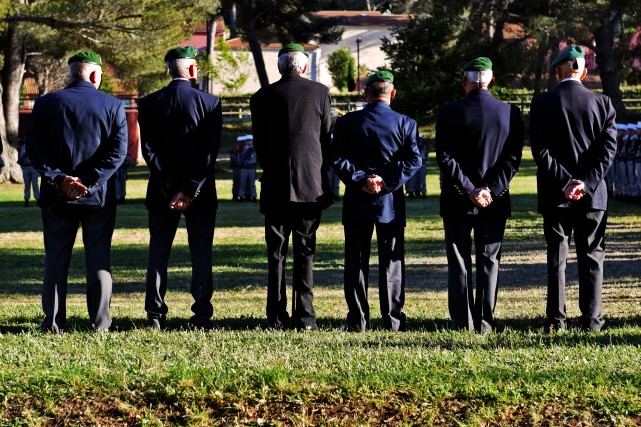
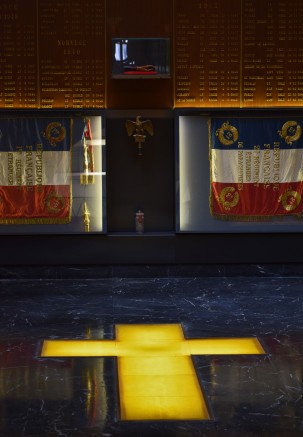
Congrès de la Légion étrangère

4 juin 2016
Fédération des Sociétés d’Anciens de la Légion Etrangère se réunit en congrès afin de promouvoir et d’entretenir son réseau de solidarité. Cette manifestation internationale est un rendez-vous incontournable.
Prise d'armes et parade spectaculaire
J'ai été très honorée d'accueillir le Congrès international de la légion étrangère au Cannet, avec une magnifique « prise d'armes » d'une solennité exceptionnelle – Michèle TABAROT
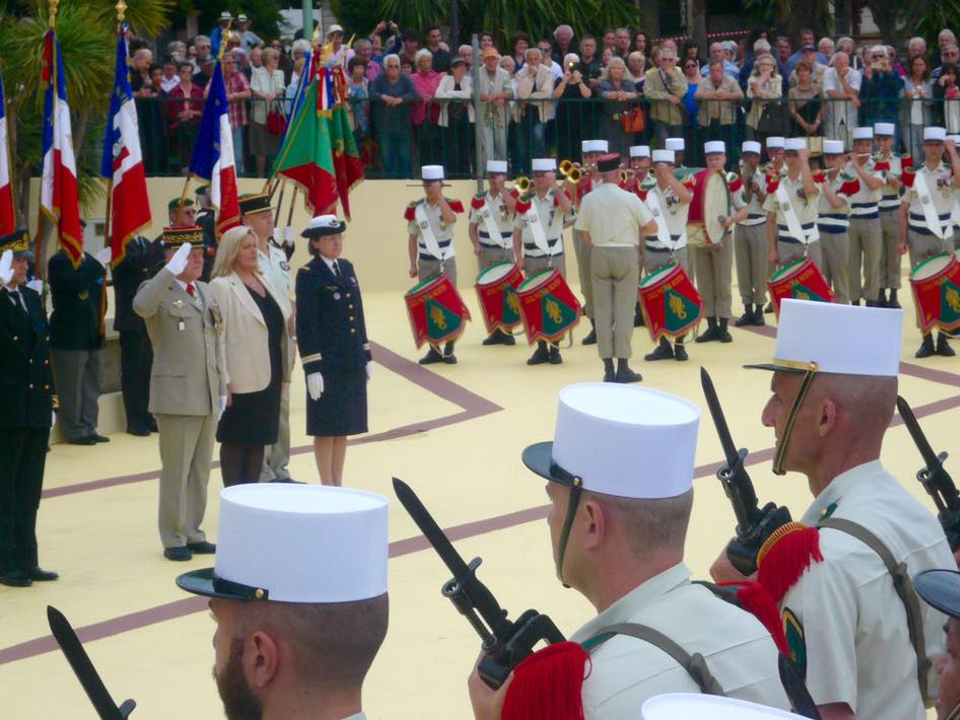 |
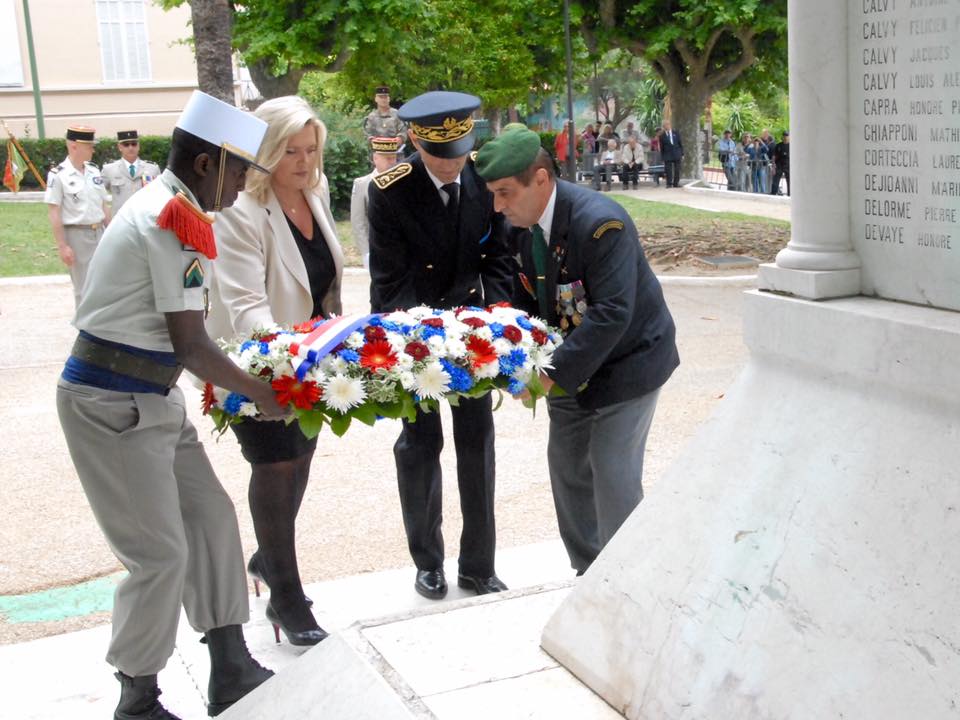 |
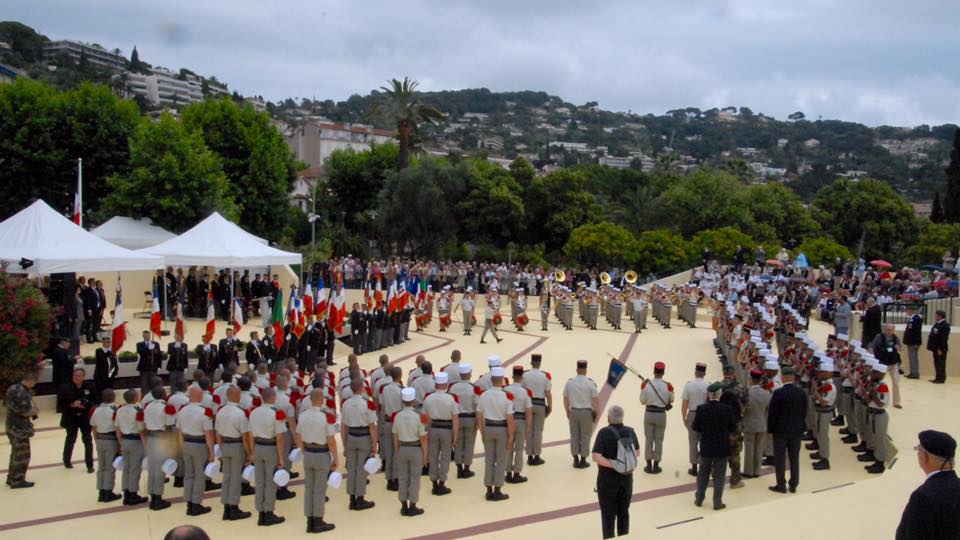 |
|
Remise du « képi blanc » pour 40 jeunes engagés volontaires
Une grande émotion quand de jeunes engagés volontaires reçoivent le « képi blanc » et l'insigne de la légion s'apprêtant ainsi à endosser la vie de légionnaire.
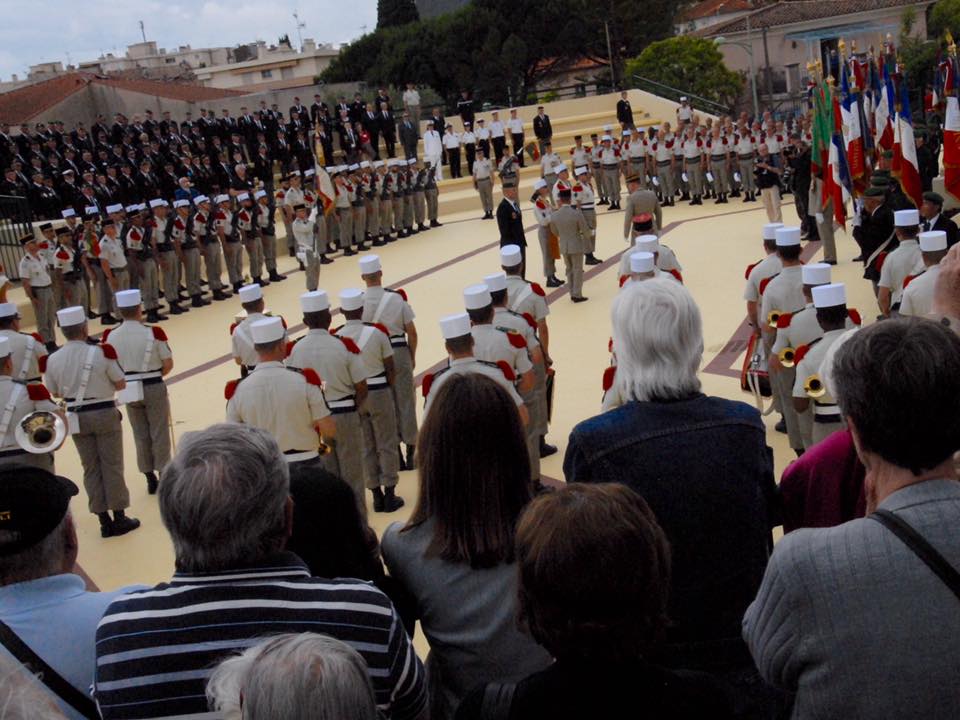
Naturalisation, tradition séculaire de la Légion
Une vraie fierté d'avoir participé à cette tradition séculaire d'accueil et d'intégration de la France en remettant à un vaillant légionnaire son décret de naturalisation.
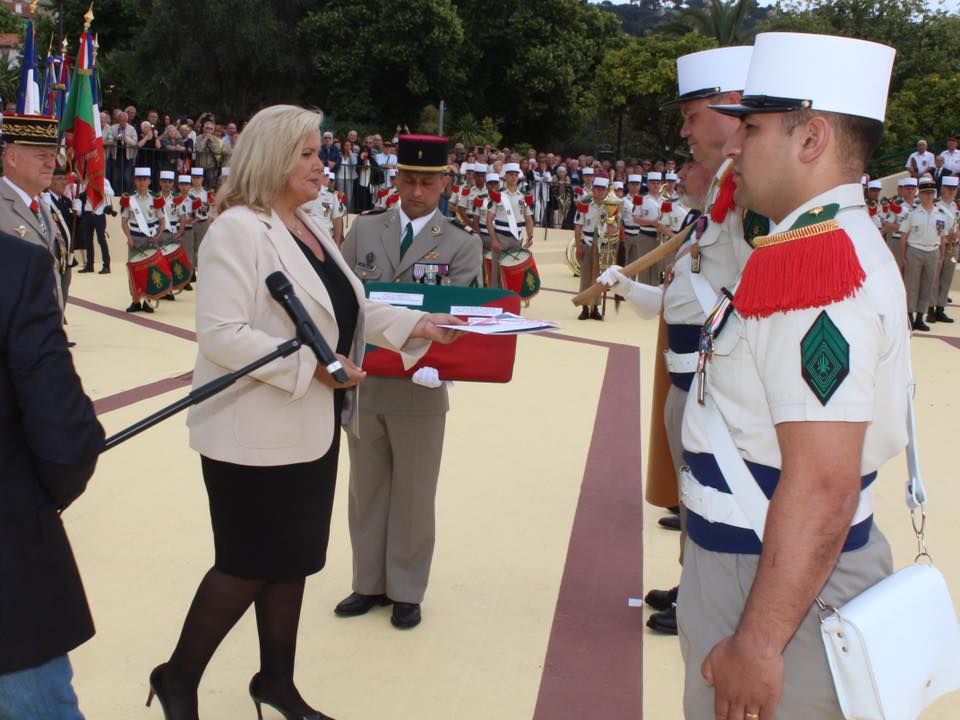
Arrivée du drapeau de la 13e DBLE à La Cavalerie
Les anciens de la 13e Demi-brigade de Légion étrangère qui souhaitent assister à la cérémonie de passation de commandement du régiment le 29 juin 2016 à La Cavalerie, sont invités à se rapprocher de leur amicale d’appartenance ou à se faire connaitre à l’adresse suivante :
Cette adresse email est protégée contre les robots des spammeurs, vous devez activer Javascript pour la voir.
Les portes du quartier de Castelnau seront ouvertes à compter de 13h30. L’accès se fera uniquement sur présentation d’un carton d’invitation qui vous sera adressé ultérieurement par voie électronique et sur présentation d’une pièce d’identité.
Pour des raisons de sécurité, l’accès au public sera limité et les capacités d’hôtellerie étant d’ores et déjà saturées, le régiment ne pourra assurer aucune mission d’hébergement supplémentaire.
Le 24 mai 1976.
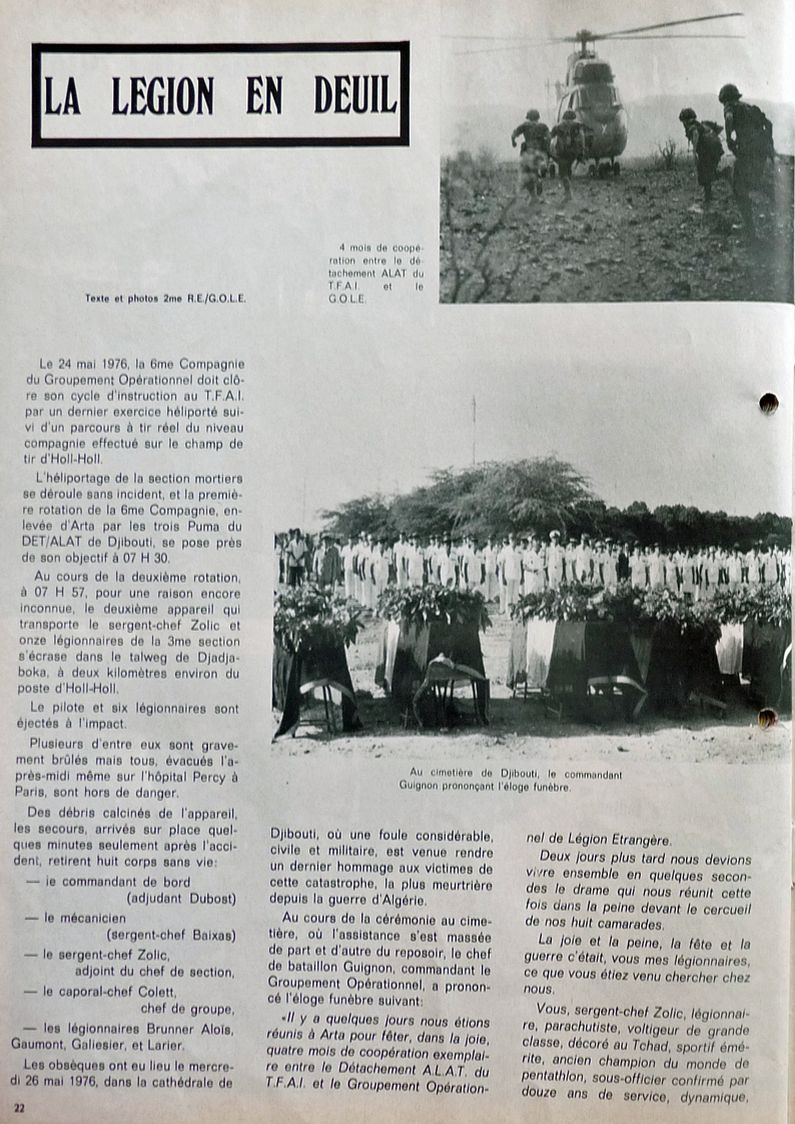
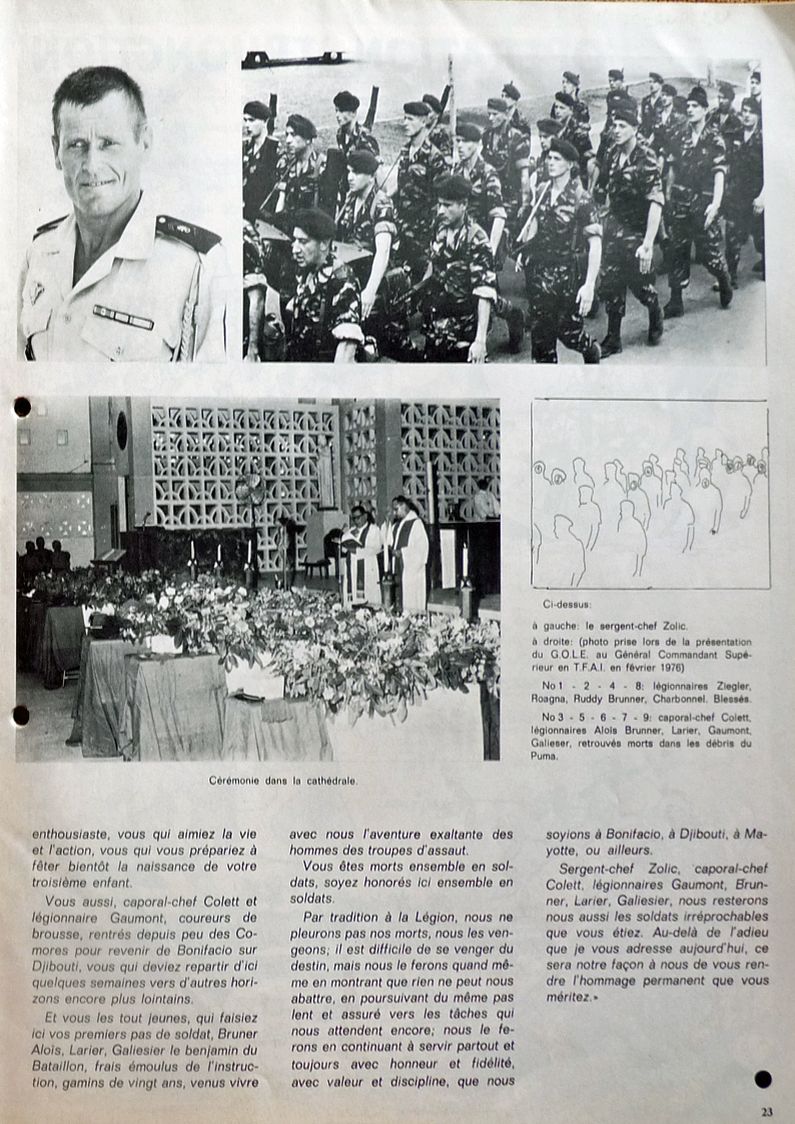
Page 11 sur 22

















